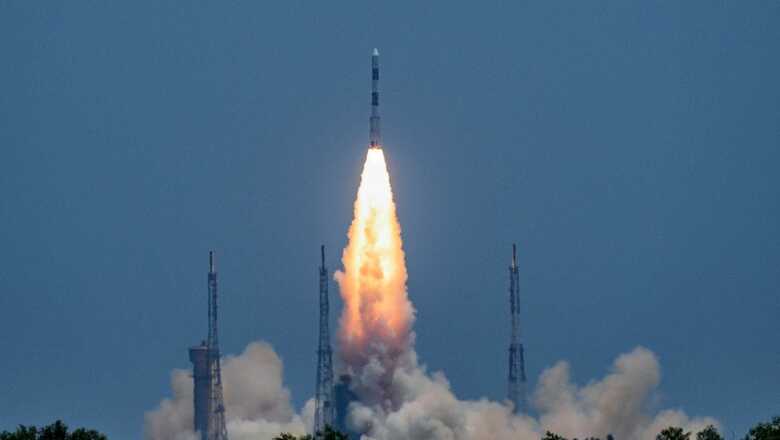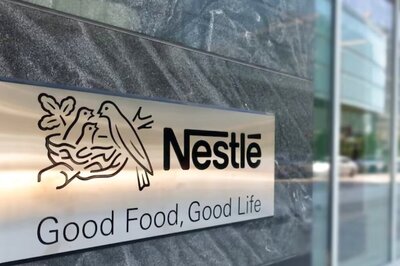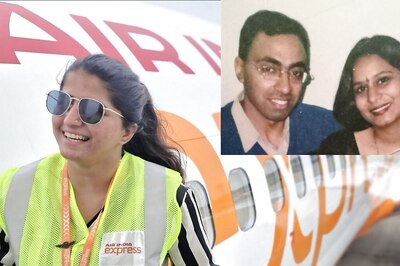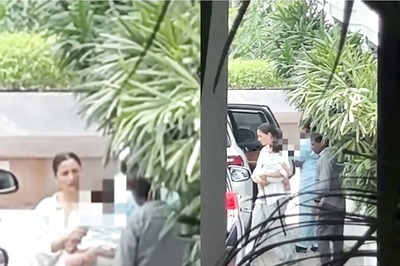
views
India’s first solar research mission, the Aditya L1 spacecraft, is approaching its last stage. The ISRO Chief S Somanath on Saturday said that the spacecraft Aditya is expected to complete its maneuvers and reach the L1 point by January 7, 2024.
“Aditya is doing well and is almost done with its final phase,” Somanath was quoted as saying to PTI.
Recently, the Indian Space agency shared that Aditya-L1’s High Energy L1 Orbiting X-ray Spectrometer (HEL1OS) instrument detected the sudden burst of energy from a solar flare.
This flare happened on October 29, just under two months after the launch of Aditya-L1. The spacecraft to study the Sun was launched on September 2 at 11.50 am from the Sriharikota spaceport.
It was the first dedicated Indian space mission for observations of the Sun to be launched by the Bengaluru-headquartered space agency.
Aditya-L1 spacecraft carries a total seven different payloads to study the Sun, four of which will observe the light from the Sun and the remaining three will measure in-situ parameters of the plasma and magnetic fields.
Aditya-L1 will be placed in a halo orbit around the Lagrangian Point 1 (L1), which is 1.5 million km from the Earth in the direction of the Sun. It will revolve around the Sun with the same relative position and hence can see the Sun continuously.
In related news, ISRO has invited young students to take part in the robotics challenge. The competition is known as the ISRO Robotics Challenge-URSC 2024 (IRoC-U 2024) and has a tagline that says, “Let’s build a space robot”.
According to reports, the space organisation has allowed young students to showcase their skills in space robotics and has asked them to design and realise a “wheeled/legged rover” encompassing the development of complete hardware and software.
It has been found that the main aim of organising the competition is to provide a standardised platform that helps in exploring the area of space and robotics among the students. It is also aimed at understanding the ideas and knowledge that the student community has about space and robotics.
(with PTI inputs)



















Comments
0 comment